One God Of All? —— Probing Pluralist Identities
----- 所有人的上帝
The claim has repeatedly been made, and has often been contested, that a single transcendent being is present or active in all of the world's major religions. In this view, names such as 'God,' 'Allah,' 'nirvana,' 'Vishnu,' and 'Brahman' all refer to the same transcendent reality. Absent from the debate and here provided is a serious study of such claims in the light of the most pertinent philosophical literature, namely that concerning questions of identity and individuation. Of necessity, the terms that the claims employ are very general and abstract: the world's religions, it is said, all refer to the same 'thing,' 'being,' or 'reality.' Although analogy, rightly understood, can back the transcendent extension of descriptive expressions such as 'wise,' 'good,' and 'powerful,' it cannot do likewise for expressions such as 'one,' 'same,' and 'many.' So pluralists' identity claims appear empty. Hallett scrutinizes the soundness of this critique, its broad implications, and the possibility of replacing empty identity claims with suitable parables or comparisons.
{{comment.content}}

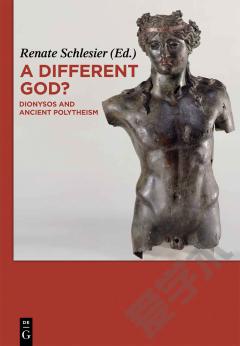

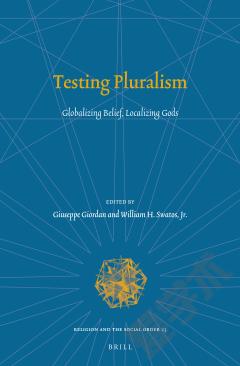
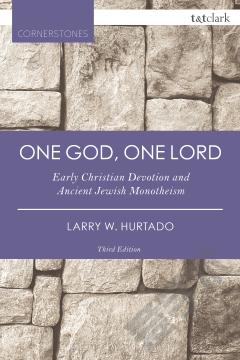
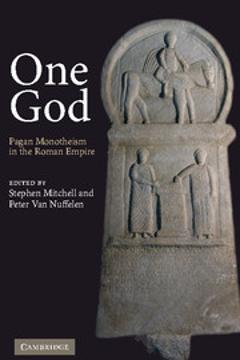
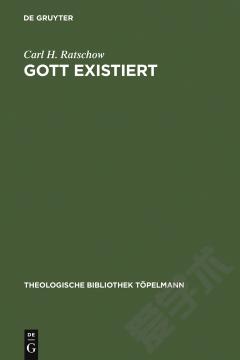

 京公网安备 11010802027623号
京公网安备 11010802027623号